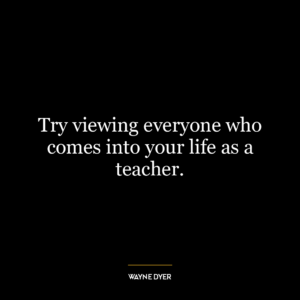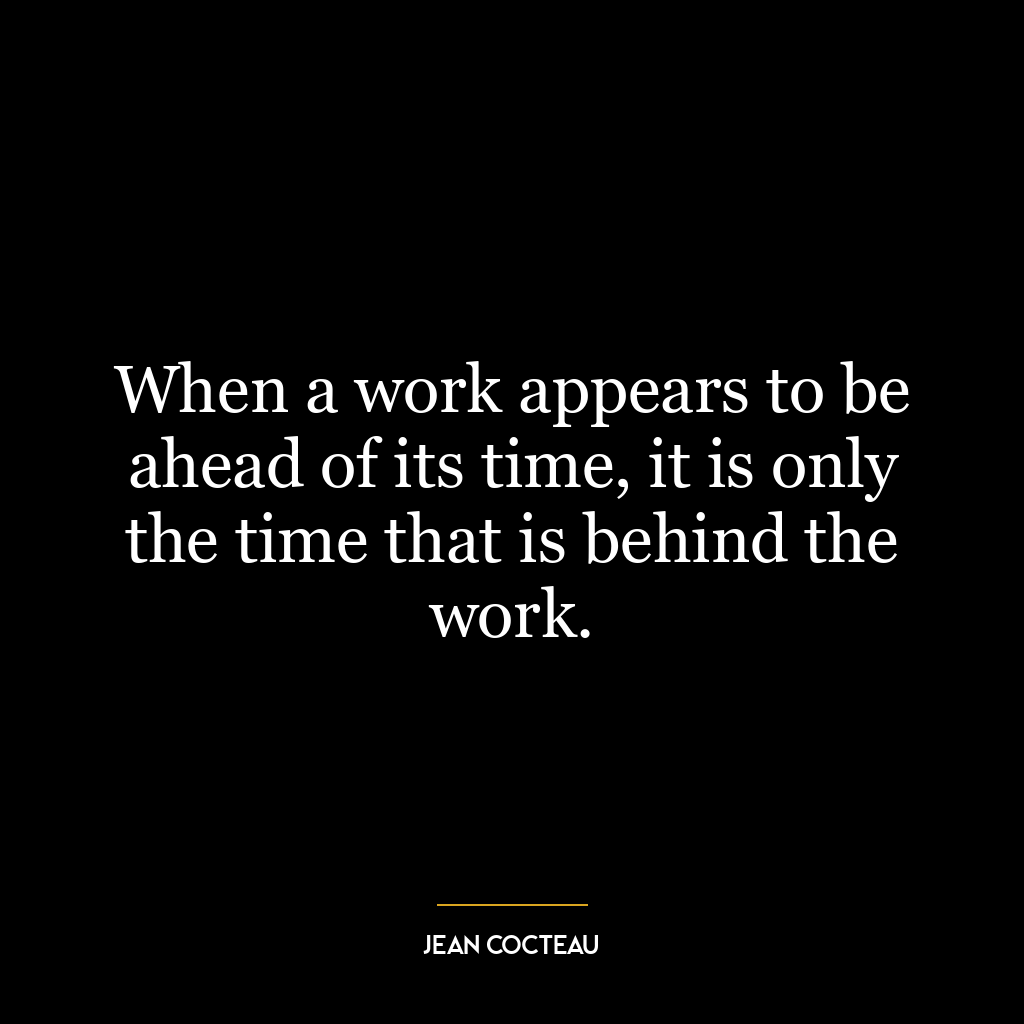“What you see is evidence of what you believe” is a profound statement that refers to the power of our beliefs in shaping our perception and interpretation of reality. It suggests that our external world, or how we perceive it, mirrors our internal world – our thoughts, beliefs and expectations.
this quote essentially means that whatever we firmly believe in tends to manifest in what we perceive around us.For instance, if one believes the world is a unfriendly place, they will likely notice more instances of hostility or conflict in their daily life compared to someone who believes the world is generally peaceful. This concept also extends to self-perception; if an individual believes they are unworthy or incapable, they may interpret their experiences through this lens and find evidence supporting this belief.In terms of personal development, this idea can be transformative. If we understand that our beliefs shape what we see and experience, then by changing those beliefs we can change how we experience life itself.By cultivating positive mindsets and beliefs about ourselves and the world around us – for example believing in one’s potential for growth rather than focusing on limitations – we can start perceiving opportunities instead of obstacles.
Applying this concept today involves becoming aware of your own belief systems and challenging any negative or limiting ones. In today’s digital age where facts overload frequently enough shapes public opinion quickly without much critical thinking involved, it becomes even more crucial for individuals to question these commonly held perceptions/beliefs before accepting them as truth.
For instance,social media platforms often show us content based on algorithms shaped by previous interactions – creating an echo chamber effect which reinforces existing views without offering contrasting perspectives. Recognizing this bias allows us not only to seek out diverse viewpoints but also question whether our perceptions are being overly influenced by such platforms rather than being based on balanced information.
understanding that “what you see is evidence of what you believe” empowers individuals with the knowledge that they have control over their beliefs, and consequently, their interpretation of reality. This realization can lead to personal growth, improved mental health, and a more balanced understanding of the world around us.











